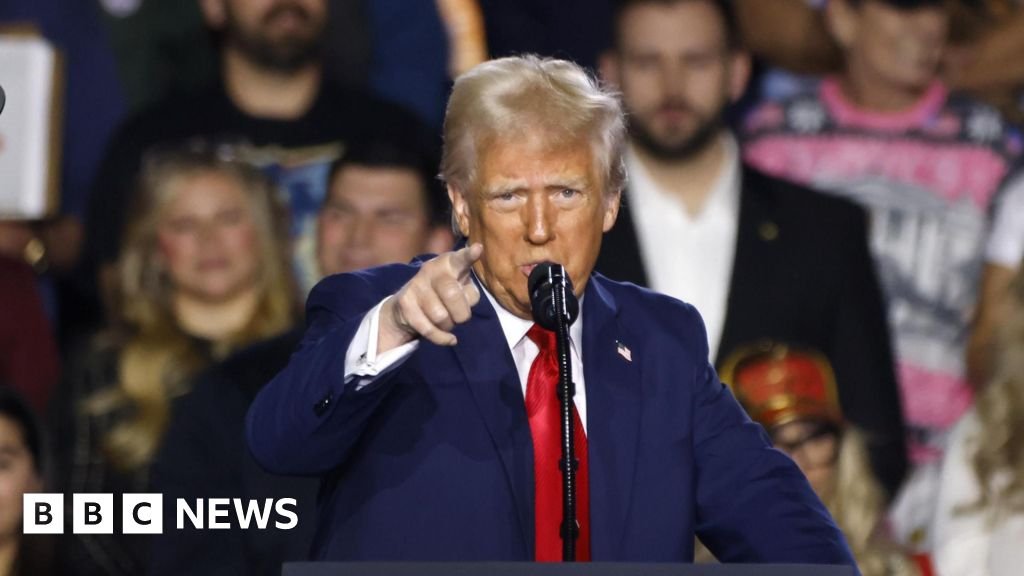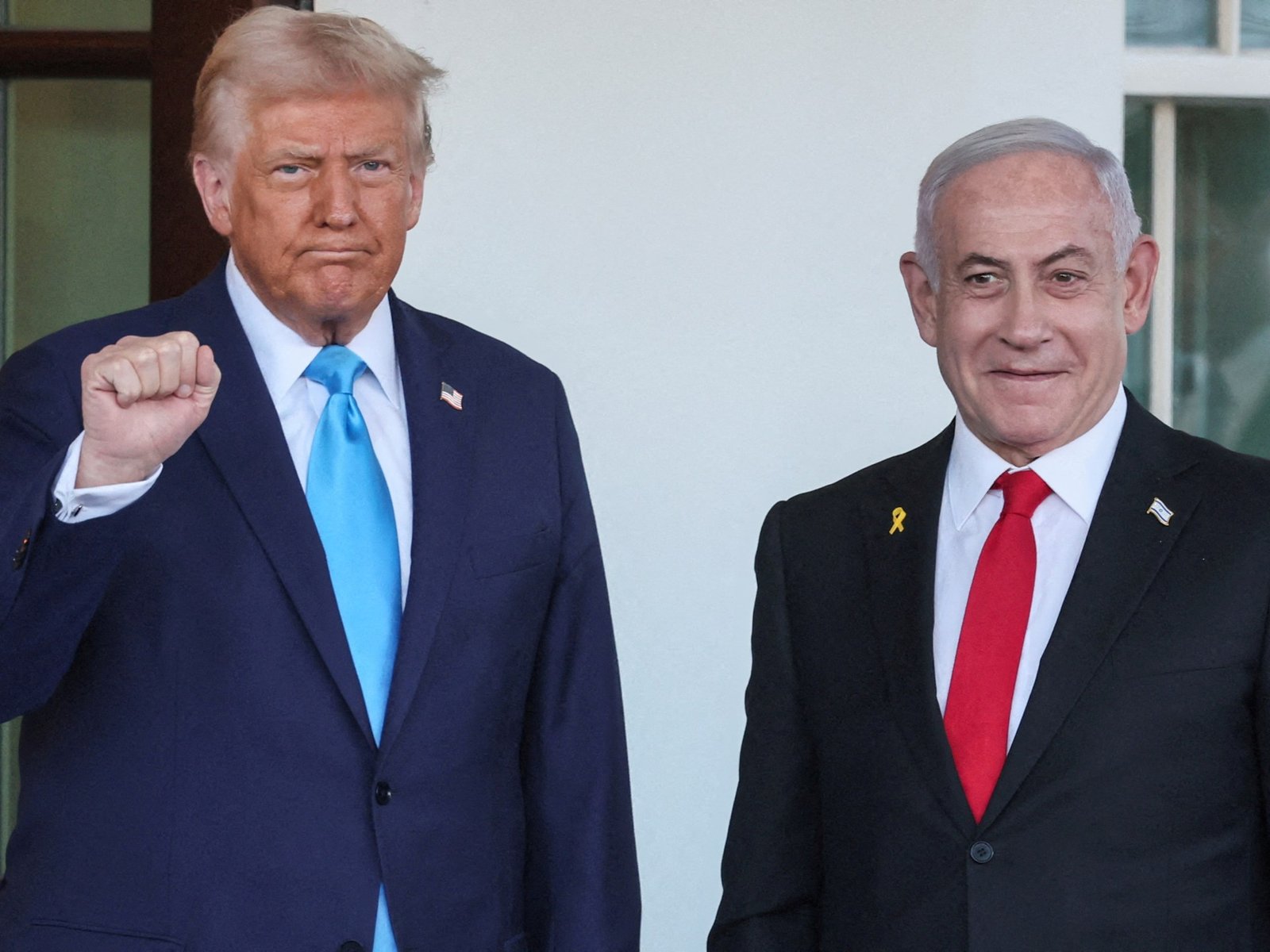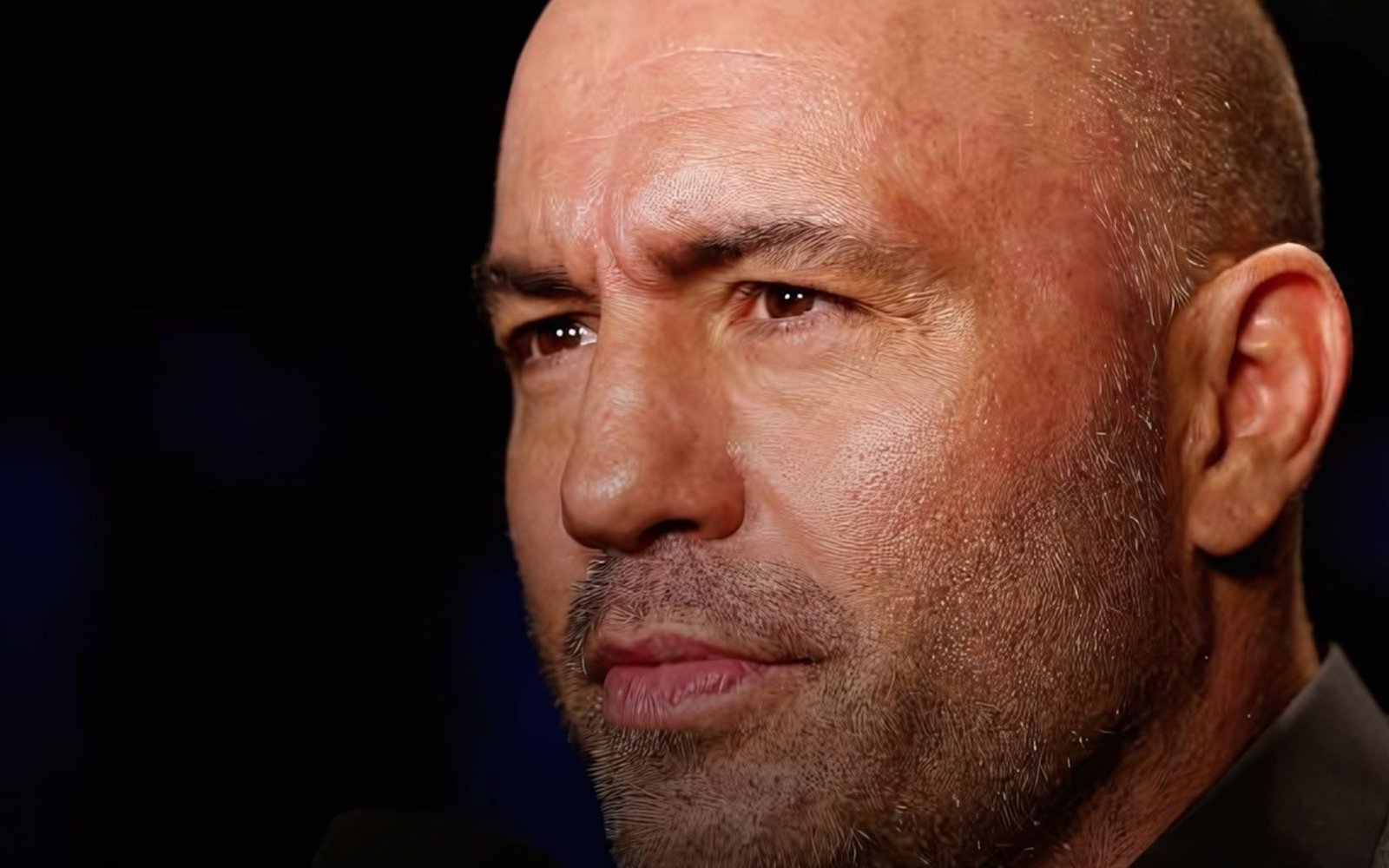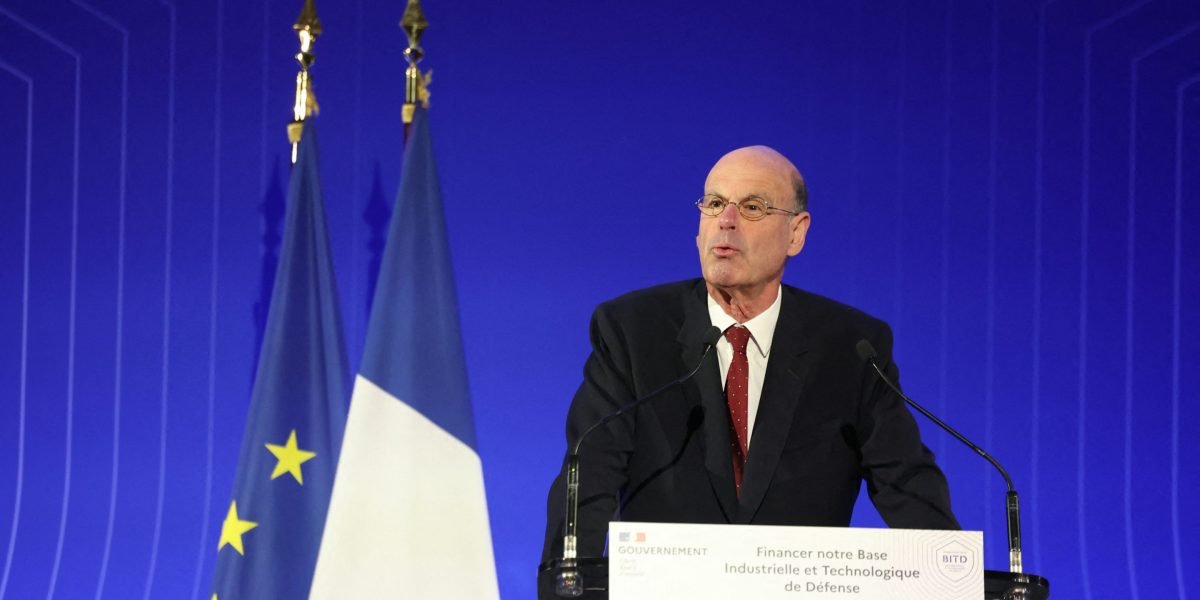
Less than a week after taking office, Donald Trump briefly became embroiled in his first international tariff dispute. And the target is not China, Mexico or Canada – the frequent targets of his ire – but Colombia, one of America’s closest allies in South America.
Colombia’s crime was refusing to allow two U.S. flights carrying deported migrants to land because they were military transport aircraft, not civilian ones. That was enough to prompt Trump to threaten to abandon negotiations.
“We will not allow the Colombian government to violate its legal obligations to receive and return criminals who have forcibly entered the United States,” Trump said in a post on the social media site.
In addition to saying he would impose 25% tariffs, Trump also said the United States would impose a travel ban and “immediately revoke visas” for Colombian government officials and their allies and supporters.
But the White House later said Colombia had now agreed to accept migrants arriving on U.S. military aircraft “without restrictions or delays.” Therefore, the United States will not continue to impose tariffs.
In his first week in office, the US president appears to be prioritizing executive action on immigration over trade measures – even though the latter was a key campaign promise. As if to underscore this point, Trump now appears ready to punish countries he believes do not adequately support America’s new hardline immigration policies.
He is issuing a warning to America’s allies and adversaries: If they do not cooperate with the United States, the consequences will be serious.
Colombia has withdrawn from the tariff war, but the strategy poses a test for the new Trump administration.
Will the American public object if future sanctions lead to higher prices for American consumers? Will they be willing to endure some financial pain to advance Trump’s immigration priorities?
The U.S. imports about 27% of its coffee from Colombia, along with other commodities such as bananas, crude oil, avocados and flowers, according to the U.S. Department of Agriculture. Coffee imports alone are worth nearly $2 billion (£1.6 billion).
Colombian President Gustavo Petro initially responded that his country would accept “citizens deported on civilian aircraft and not treat them as criminals.”
Petro is known to dislike Donald Trump – he has harshly criticized his immigration and environmental policies in the past.
In a lengthy response on
Petro went on to describe himself as “stubborn” and said that while Trump might try to “stage a coup” through “financial muscle and arrogance,” in short, he would fight back.
Most importantly, Petro said: “From today onwards, Colombia opens its arms to the world.”
This is something an American president who wants to address immigration should worry about. Officials in his incoming administration have made clear that mission will require looking beyond the Mexican border.
Trump’s pick for deputy secretary of state, Christopher Landau, has long argued that “working with other countries to stem the tide of migration” must be “a global priority for U.S. foreign policy.” Sunday’s quarrel may make cooperation far less likely.
Tens of thousands of migrants from around the world, from India to China, land in South America each year and head north to the United States, then through Colombia and over the Darien Gap, a key chokepoint north of the Panama-Colombia border. . It’s a dangerous journey, often facilitated by criminal gangs.
In response to Trump’s action, President Petro noted that “illegal activity will increase” if negotiations to manage immigration through Darien are suspended. Such comments could be seen as a potential threat to more undocumented immigrants.
Petro was quick to say that his country would not turn away Colombian nationals expelled from the United States, only that they must be “treated with dignity.”
Even after Colombia took action to quell the dispute, it said it would maintain dialogue to “guarantee the dignity of our citizens.”
But such tariffs are a test of wills and could still be applied to other countries that disagree with U.S. demands. On the surface, this is just Trump’s opening move.









